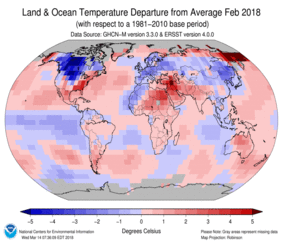Knotty_Budz
Member
Lol why? we will be long gone before the effects take place 
Lol why? we will be long gone before the effects take place
Lol why? we will be long gone before the effects take place


Lol why? we will be long gone before the effects take place
The North Pole weather seems to have moved over the UK this week.
Brrrrrrrrr!


